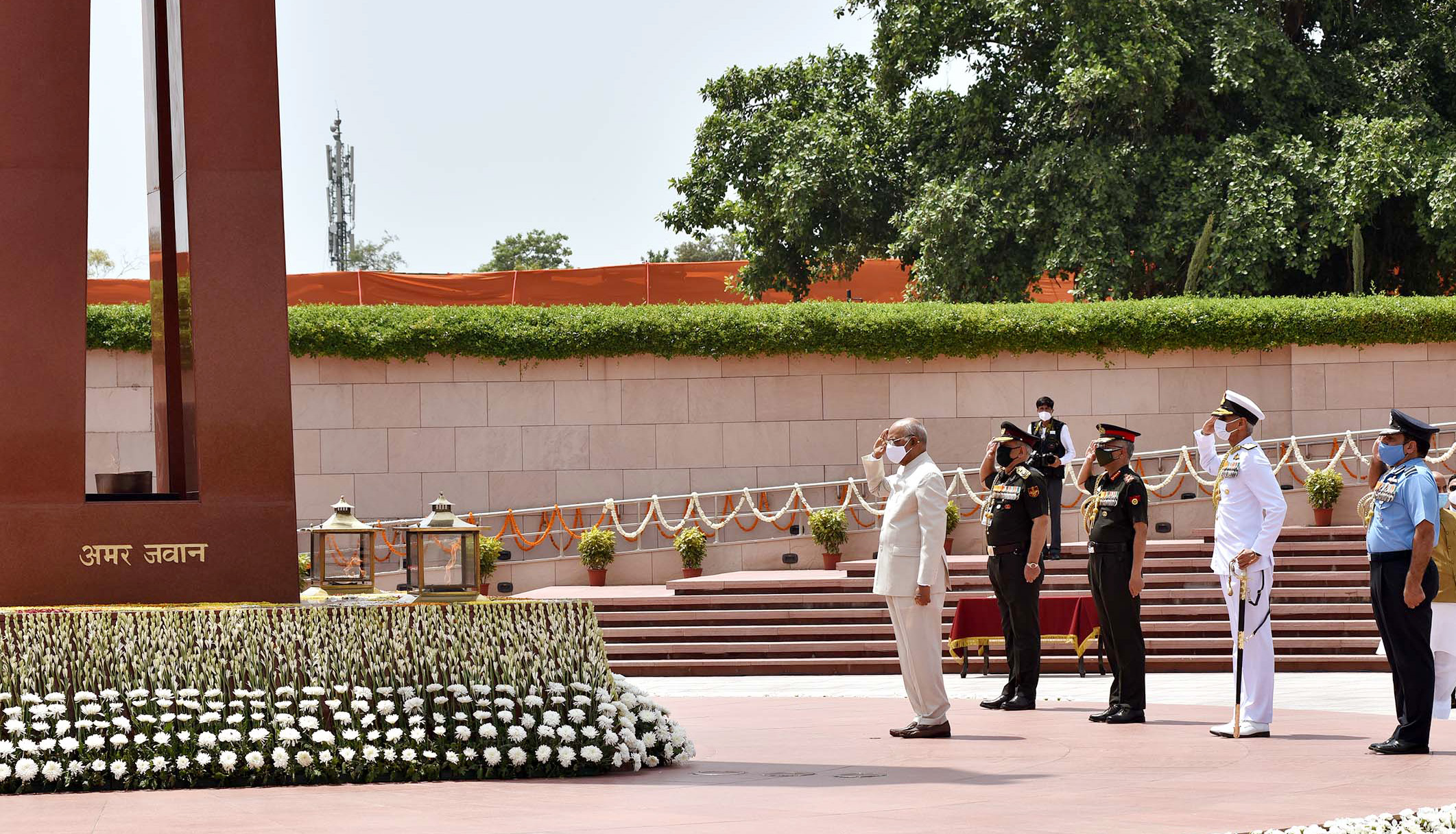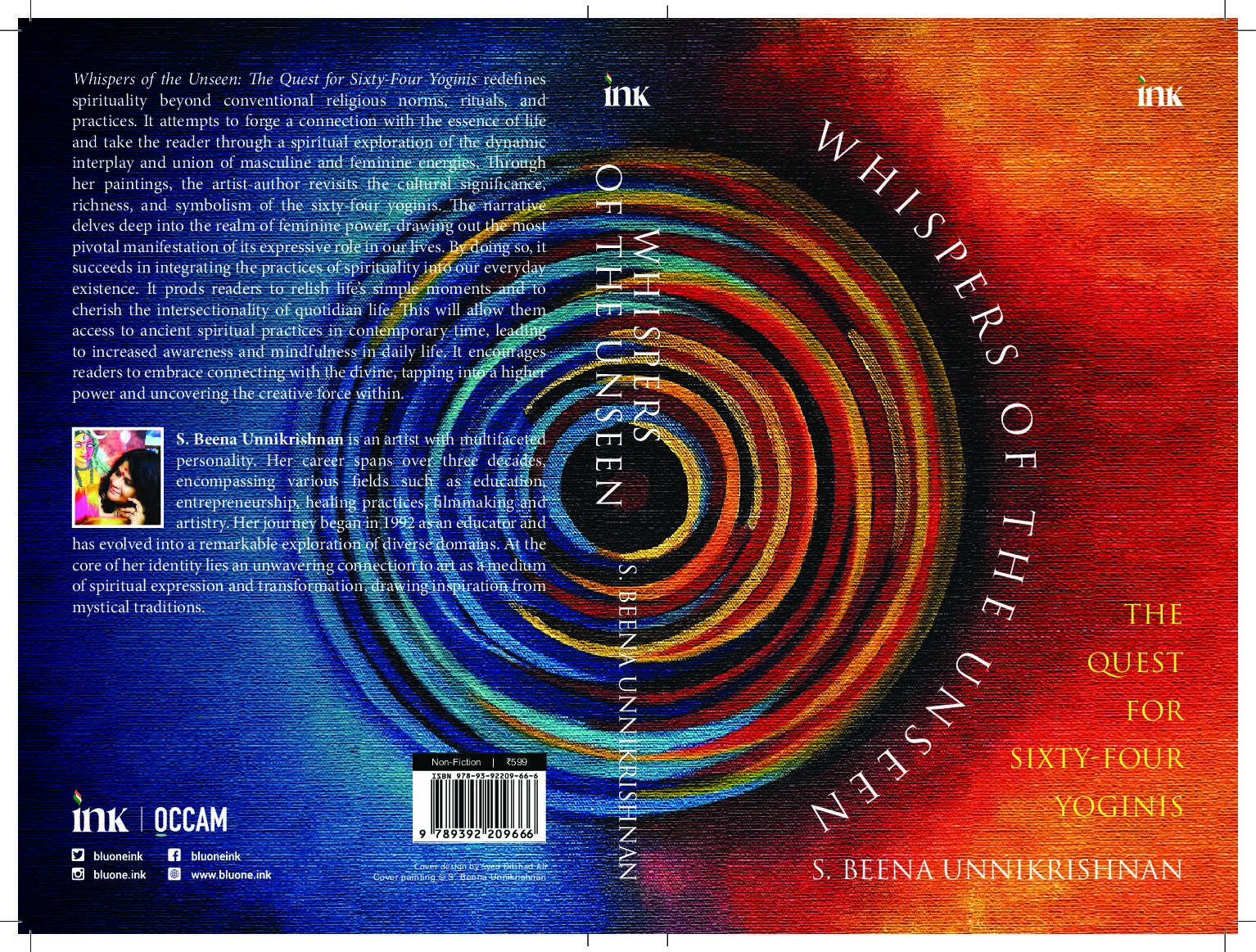Time to focus on threats to our freedoms on Independent Day
We celebrate Independence and the freedom struggle, but this shouldn’t blind us to the growing threats to individual liberty, to the freedoms which we should enjoy
Ravi Shanker Kapoor | August 15, 2021 10:09 pm

President Ram Nath Kovind paying homage at the National War Memorial, on the 75th Independence Day, in New Delhi on August 15, 2021
The nation celebrates Independence Day; the government has called it Azadi ka Amrit Mahotsava. It is a good occasion to analyze the state of freedom in the country—to be precise, individual liberty. The analysis may dampen the nationalistic spirit but we have to do that if we value the individual as well as liberty.
Liberty comprises free speech and freedom of action. Classical liberalism accepts few restrictions on liberty; all of these, it holds, must be compatible with the ‘harm principle.’ As John Stuart Mill wrote, “That the only purpose for which power can be rightfully exercised over any member of a civilised community, against his will, is to prevent harm to others.”
In our country, however, there is a great deal more than harm that restricts our freedoms. For the scope of restrictions has increased and, concomitantly, the sphere of liberty has shrunk since Independence. The very First Amendment to the Constitution—carried out within 15 months of the adoption of the Constitution and a year before the first general election was held—curtailed both freedom of expression and economic liberty.
The statement of objects of and reasons for the amendment presented such excuses as “punishing or preventing abuse of this freedom [of expression]” and promoting “agrarian reform measures.” The former pertained to dilution of the fundamental right to freedom of expression (Article 19) and the latter to another fundamental right to property (Article 31). The First Amendment proved to be the original sin of the Republic, hugely responsible for the sorry state of affairs today, as we shall see.
The denouement: free speech gets muzzled by the day. The birth and flowering of socialism strengthened Leviathan whose march kept eroding the fundamental right to property—killing it ultimately. Today the right to property is just a legal right. In effect, we are a fundamental right fewer.
It needs to be emphasized here that right after Independence, towering personalities like Jawaharlal Nehru, Sardar Patel, and B.R. Ambedkar committed the original sin. Not only did they retain the colonial sedition law, they also undermined the Constitution they themselves had brought into being.
On the floor of Parliament, Nehru justified the curtailment of free speech: “It has become a matter of the deepest distress to me to see from day to day some of these news sheets which are full of vulgarity and indecency and falsehood day after day not injuring me or this House much, but poisoning the mind of the younger generation, degrading their mental integrity and moral standards.”
By the way, corrupting youth was one of the charges against Socrates; it looks like Nehru would have supported the great philosopher’s prosecutors. The truth is that the right to freedom of expression includes the right to disseminate vulgarity and indecency and falsehood. Come to think of it, a lot of our movies and television shows, and not a few news channels, do just that all the time; they should be allowed to do that so long as they don’t harm others.
The then law minister Ambedkar and home minister Patel did little better. They fully agreed with their boss. Ambedkar was keen on diluting Fundamental Rights. He was suspicious of the attitude of the Supreme Court which “ought not to be invested with absolute power to determine which limitations on Fundamental Rights were proper.”
Patel favored curbs on free speech. He wrote to Nehru, “My own feeling is that very soon we shall have to sit down and consider constitutional amendments.”
Freedom of expression includes, or should include, the right to author books and articles, make movies, write songs, etc. The right is not just about saying what people want to hear but also what they don’t want to; it includes the right to offend and blaspheme, the right to hold offensive religious views and to propagate these. Unless, of course, we aspire to become a society like that of Pakistan or Saudi Arabia where blasphemy is severely penalized.
Under the British, Indians could write any book and make any movie so long as they did not show the Empire in a bad light. In a Devika Rani-starrer, for example, there was a long, intense French kiss. Now politicians and their freebooters ban or suppress anything they don’t like. There is a censor board, but the government wants to make everybody a censor; for if the new rules are implemented, a movie could be subject to scrutiny even after it gets cleared by the board on the grounds that it ‘hurts the sentiments’ of some group.
Freedom of action is no less restrained. Till the 1991 reforms, the licence-permit-quota raj made the life of businesspersons miserable. There are not so many rules and regulations today, but there are enough to keep the wealth creators on their toes. More keep coming up, e.g., price controls in the healthcare sector.
Civil liberties are also majorly imperiled, with the State increasingly becoming harsher and more arbitrary. An example is the continuous abuse of Section 66A of the Information Technology Act, 2009, despite the fact that the Supreme Court had invalidated it in 2015.
We celebrate Independence and the freedom struggle, but this shouldn’t blind us to the growing threats to individual liberty, to the freedoms which we should enjoy.






























